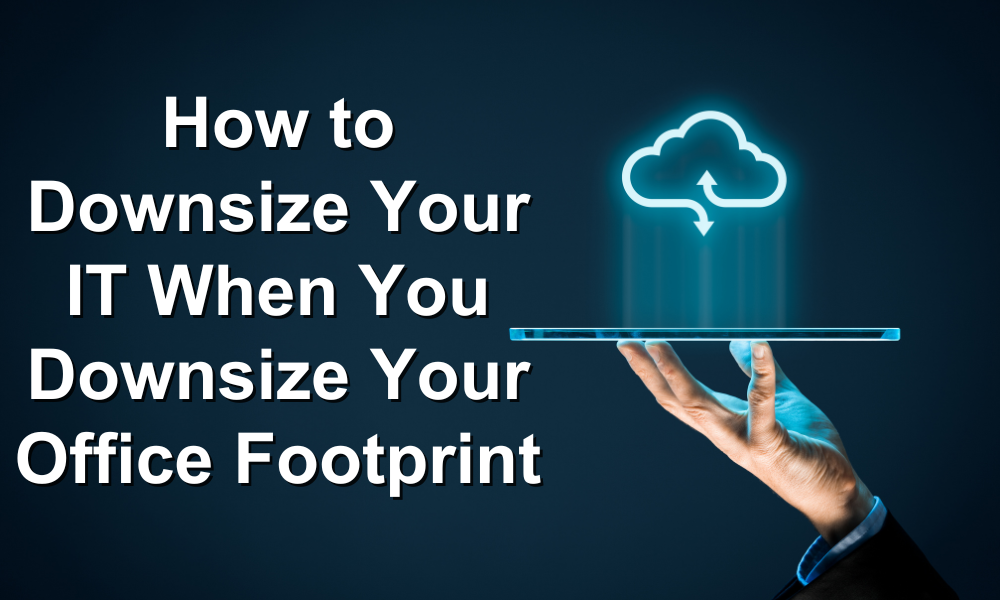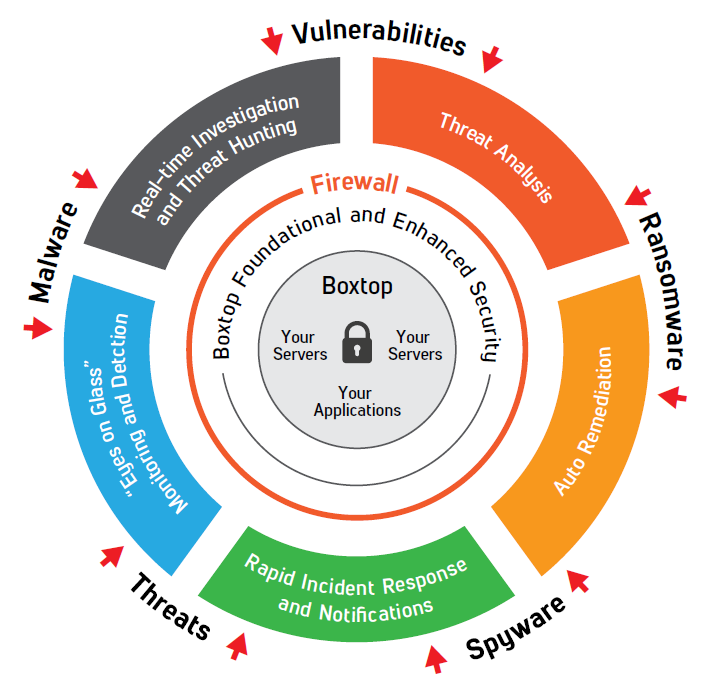Desktop as a Service (DaaS) is growing exponentially. Worldwide, the DaaS market is expected to swell from $4.9 billion in 2022 to $18.7 billion by 2032, growing at a CAGR of 21% over the next decade, according to a 2023 report by Custom Market Insights. Companies of all sizes and across all industries are adopting DaaS solutions for multiple reasons, including enhanced flexibility and ease of use, superior security, lower capital expenditures, and instant scalability.












